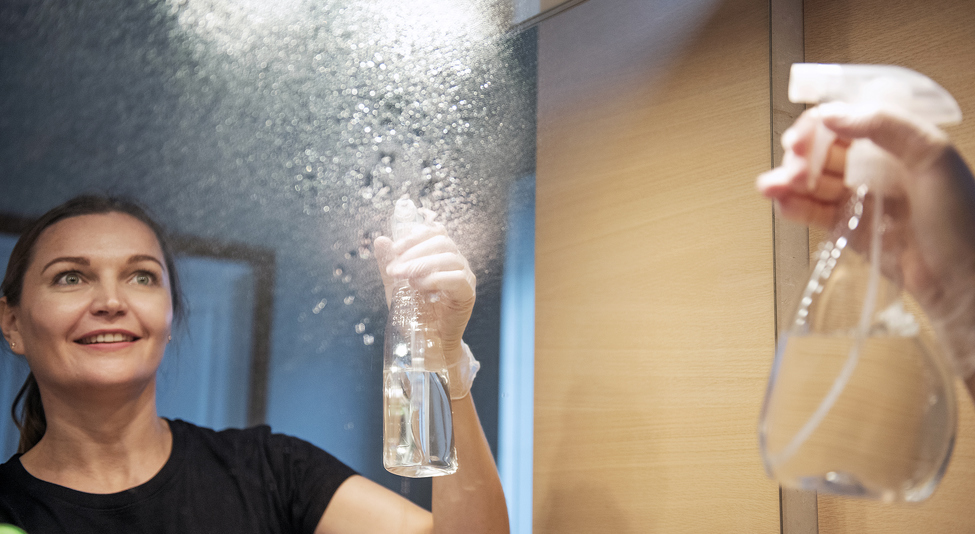
Collective agreement
We lobby on the issue of collective agreements and safety at work
When the former Prime Minister found she was employing an unscrupulous provider, the debate was largely about the customer’s safety. But there is another aspect that deserves attention: the conditions that the cleaners have to work under.
“It’s important to shine a light on this critical issue,” says HomeMaid’s Chief Financial Officer Michaela Maier.
HomeMaid’s CFO also chairs the board of Almega’s industry organisation for domestic services, and she is deeply committed to getting more companies signed up to collective agreements.
“Many of the companies in our industry still don’t have a collective agreement. It’s a cost issue that means they can keep prices down, but the ones that suffer are the employees,” says Michaela Maier.
She is pleased that the issue has gained some traction as a result of Prime Minister Magdalena Andersson employing an unscrupulous provider.
“It’s important to shine a light on this critical issue. Of course we should be requesting criminal record checks when we employ somebody, as well as checking that jobseekers have a residence permit. It’s a safety issue for our customers – but not just for them.”
Michaela Maier feels that a vital perspective is missing from the debate sparked by the Prime Minister’s situation. A collective agreement is all about the safety and security of employees.
“Cleaners have the same right to market rates of pay and fair terms of employment as any other workers. There are still too many people being exploited in this industry, without secure employment or a reasonable wage. The status of the cleaning profession needs to improve, and that’s what we’re intensively working on within the industry organisation.”
Do you know whether your cleaning firm has a collective agreement? Find out here!